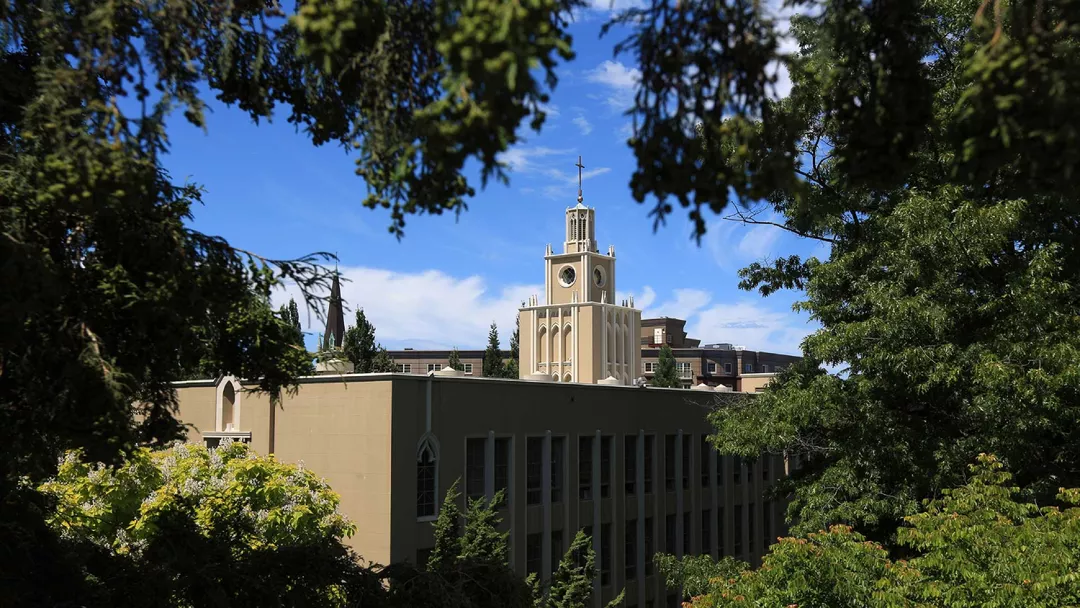-
hello@abroadcube.com
Mail us
-
Call For Help:
98779 83783
-
Whatsapp Us
70090 34921
Designed for those with a non-accounting undergraduate degree, the STEM-designated Master's in Professional Accounting (MPAC) gives students the right credentials to switch careers or progress upwards in their organization.
This program is designed for those who have earned an undergraduate degree in a non-accounting (including any business major, liberal arts, and/or humanities) major wanting to pivot to the accounting profession.
Albers' Master of Professional Accounting program enables students to gain highly sought-after knowledge by today's employers while offering OPT (optional practical training) opportunities for international students.
Persons seeking a pathway to obtain a pathway to CPA eligibility or any other accounting certification are encouraged to apply. With an undergrad degree in business, students are en route to completing 225 quarter hours for CPA eligibility. If a student's degree is in a non-business major, they will help them plan their roadmap.
| Level | Masters |
| Discipline | Professional Studies |
| Duration | 18 months |
| Intakes | Jan, Aug, Sep |
| Application Fees | USD 55 |
| Tuition Fees | USD 13608 |
| Campus | Main |
| Language proficiency (minimum) | |
| IELTS | 6.5 |
|---|---|
| TOEFL | 86 |
| PTE | 63 |
| Duolingo | 110 |
| Exam proficiency (minimum) | |
| SAT | Not Required / Waiver |
|---|---|
| ACT | Not Required / Waiver |
| GRE | Not Required / Waiver |
| GMAT | Not Required / Waiver |
Minimum GPA - 77%
QS Quacquarelli Symonds is the world’s leading provider of services, analytics, and insight to the global higher education sector, whose mission is to enable motivated people anywhere in the world to fulfil their potential through educational achievement, international mobility, and career development.
THE (Times Higher Education) has been providing trusted performance data on universities for students and their families, academics, university leaders, governments and industry, since 2004. We create university rankings to assess university performance on the global stage and to provide a resource for readers to understand the different missions and successes of higher education institutions.
The Academic Ranking of World Universities (ARWU) was first published in June 2003 by the Center for World-Class Universities (CWCU), Graduate School of Education (formerly the Institute of Higher Education) of Shanghai Jiao Tong University, China, and updated on an annual basis
The "Webometrics Ranking of World Universities" is an initiative of the Cybermetrics Lab, a research group belonging to the Consejo Superior de Investigaciones Científicas (CSIC), the largest public research body in Spain. CSIC is among the first basic research organizations in Europe. The CSIC consisted in 2006 of 126 centers and institutes distributed throughout Spain.

